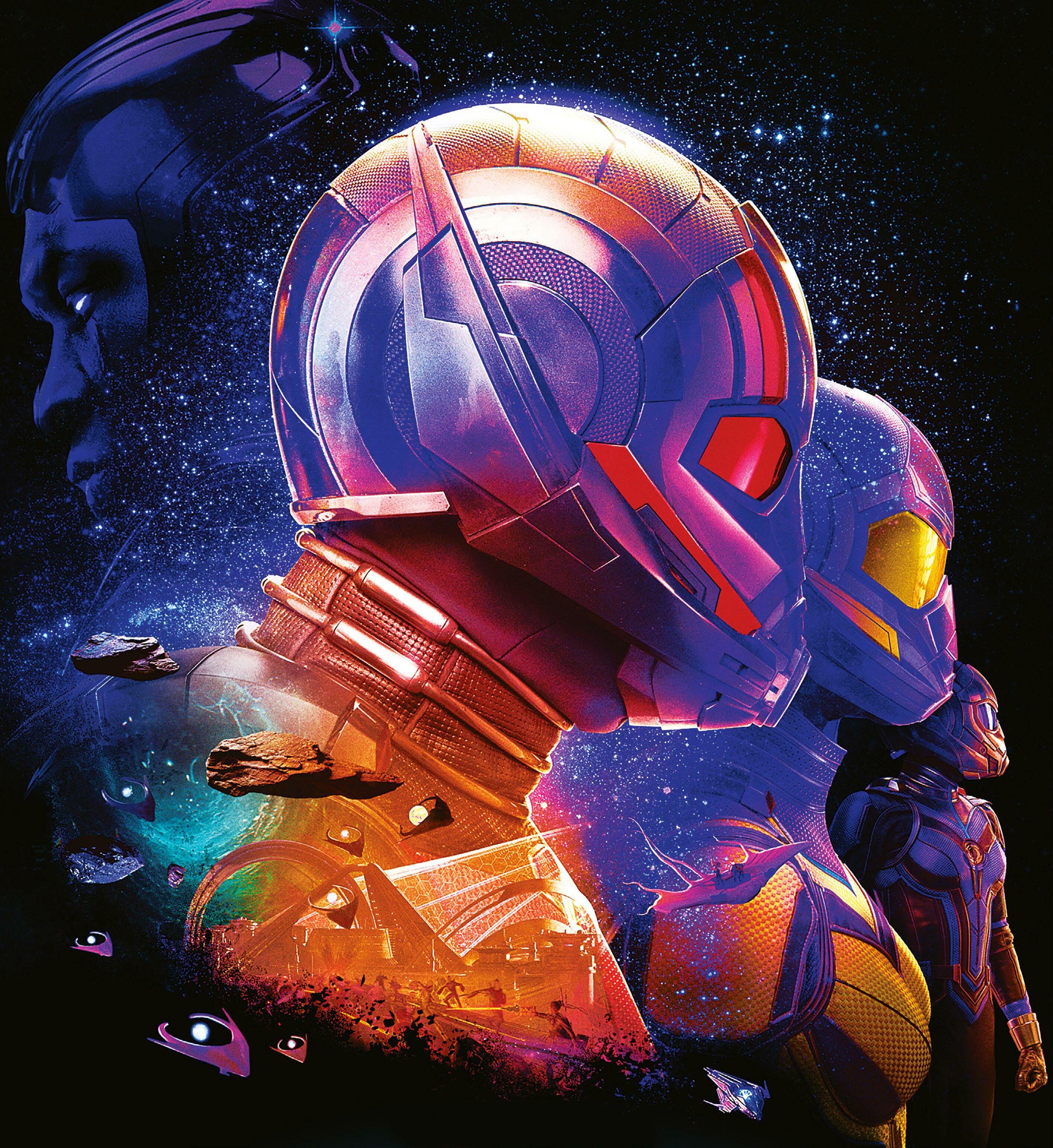Prøve GULL - Gratis
Quantum weirdness
The Week Junior Science+Nature UK
|Issue 62
Explore the strange secrets of the smallest parts of our universe...
-

A famous scientist called Richard Feynman once said, "I think I can safely say that nobody understands quantum mechanics." Quantum physics is the study of things that are even smaller than atoms - the building blocks of all matter. Scientists have been studying the quantum world for more than 100 years, but there is little that they actually understand. This is because the outcomes of the theories and results of experiments are odd, and go beyond the limits of what humans can actually perceive. This is a realm where particles don't always act like particles and things can be in two places at once. Are you ready to dive into a mystifying and weird world?
Explaining a universe
Quantum physics attempts to explain how our universe works by studying the subatomic particles that make it, and how they interact with each other. Subatomic particles are the smallest bits of matter particles such as electrons and protons that make up atoms, and quarks, the smallest known particles.
The ideas behind quantum theory dates back to 1900 and a German physicist named Max Planck. His groundbreaking research built the foundations for other scientists, like Albert Einstein, to explore this mysterious and spooky zone.
Denne historien er fra Issue 62-utgaven av The Week Junior Science+Nature UK.
Abonner på Magzter GOLD for å få tilgang til tusenvis av kuraterte premiumhistorier og over 9000 magasiner og aviser.
Allerede abonnent? Logg på
FLERE HISTORIER FRA The Week Junior Science+Nature UK

The Week Junior Science+Nature UK
FIGHTING THE FREEZE
Claire Karwowski uncovers nature's wildest ways of fighting the winter freeze.
6 mins
Christmas 2025
The Week Junior Science+Nature UK
Cook up bioplastic decorations
Make your own eco-friendly ornaments.
1 min
Christmas 2025

The Week Junior Science+Nature UK
Should we switch off Christmas lights?
They brighten up the festive season, but they can have a negative impact on the environment.
1 mins
Christmas 2025
The Week Junior Science+Nature UK
Three spectacular illuminations
Glow Wild, Wakehurst
1 min
Christmas 2025

The Week Junior Science+Nature UK
THE LAST DAYS OF POMPEII
For the first time, an immersive exhibition about the destruction of the ancient Roman city of Pompeii has opened in London.
1 min
Christmas 2025

The Week Junior Science+Nature UK
Wildlife watch
Jenny Ackland unveils a winter wonderland of natural delights this festive season.
1 mins
Christmas 2025
The Week Junior Science+Nature UK
Make Snow globes
Create the perfect Christmas gift.
1 min
Christmas 2025

The Week Junior Science+Nature UK
Maggie Aderin-Pocock
Meet the scientist \"blasting off into space\" at the Christmas Lectures.
3 mins
Christmas 2025
The Week Junior Science+Nature UK
Make vegan eggnog
Whip up a dairy-free festive winter warmer that is perfect for cold nights.
1 min
Christmas 2025

The Week Junior Science+Nature UK
Octopuses
Meet the colour-changing, shape-shifting, fortune-telling aliens of the seas.
2 mins
Christmas 2025
Translate
Change font size

